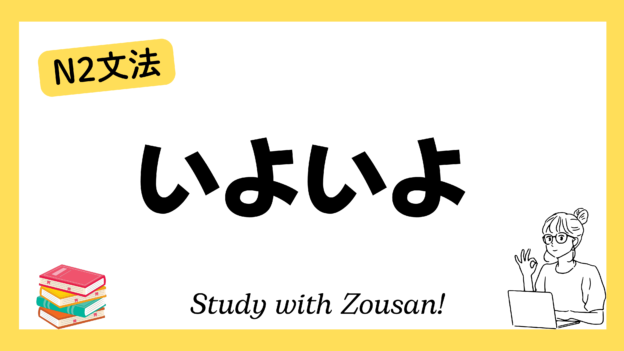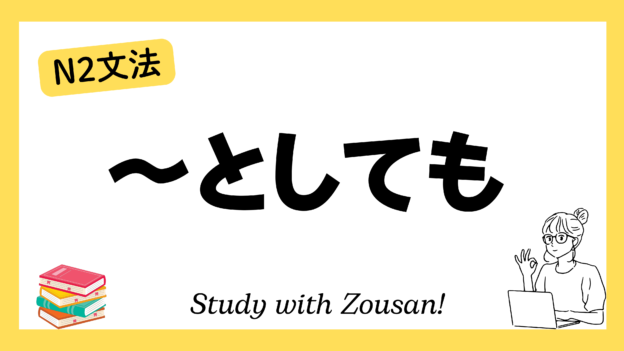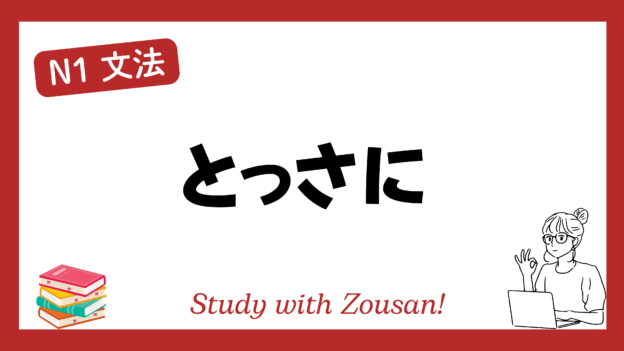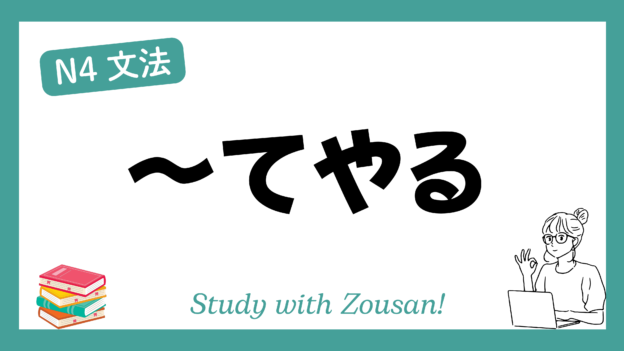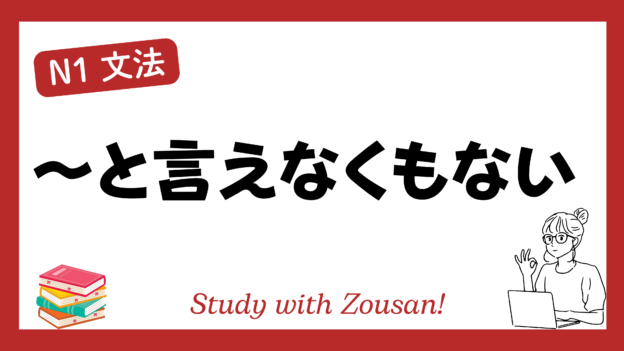N2文法:いよいよ
Meaning: “Finally…” / “Soon…” / “Increasingly…”
“いよいよ” is used when an event or action is about to happen, often with a feeling of anticipation, excitement, or suspense. It typically expresses that an important moment is approaching or emphasizes that something is progressing significantly.
※Note:
- “いよいよ” commonly appears in contexts related to time and change, emphasizing a sense of eagerness or excitement as an event nears.
- This word can be used to describe a situation where something is becoming more serious or reaching its peak, whether good or bad.
Structure:
| いよいよ + Phrase |
Example:
-
-
-
🌟 いよいよ試合が始まる。
(いよいよ しあい が はじまる)
The game is finally starting. -
🌟 いよいよ旅行の日がやってきた。
(いよいよ りょこう の ひ が やってきた)
The day of the trip has finally arrived. -
🌟 いよいよ明日から新しい仕事が始まる。
(いよいよ あした から あたらしい しごと が はじまる)
My new job finally starts tomorrow. -
🌟 天気はいよいよ悪くなってきた。
(てんき は いよいよ わるく なって きた)
The weather is getting worse and worse. -
🌟 いよいよ結婚式の日が近づいてきた。
(いよいよ けっこん しき の ひ が ちかづいて きた)
The wedding day is finally approaching. -
🌟 いよいよ新しいプロジェクトがスタートする。
(いよいよ あたらしい プロジェクト が スタート する)
The new project is finally starting. -
🌟 いよいよ冬が終わり、春が来る。
(いよいよ ふゆ が おわり、はる が くる)
Winter is finally ending, and spring is coming. -
🌟 いよいよ彼の努力が実を結ぶ時が来た。
(いよいよ かれ の どりょく が み を むすぶ とき が きた)
The time has finally come for his efforts to pay off. -
🌟 いよいよ最後のチャンスだ。
(いよいよ さいご の チャンス だ)
This is finally the last chance. -
🌟 いよいよ家を出る時が来た。
(いよいよ いえ を でる とき が きた)
The time has finally come to leave home.
-
-



